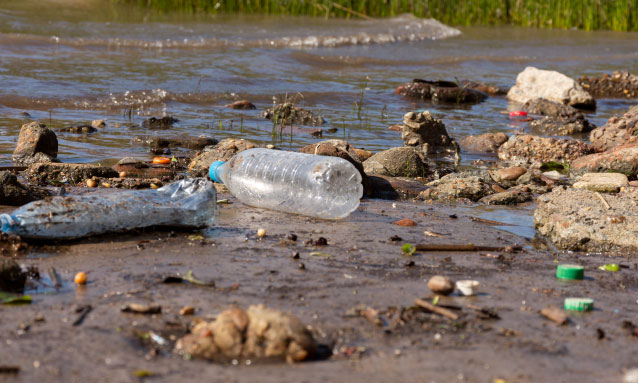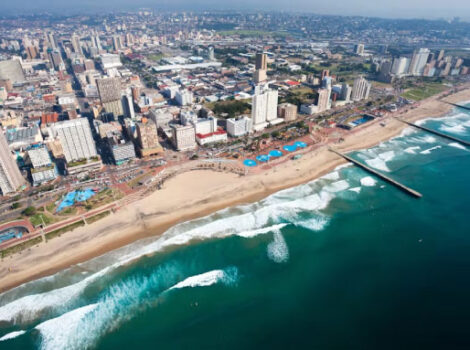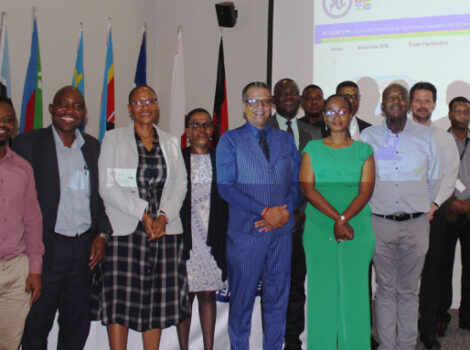
18 July 2024
Tati River, the once majestic river whose source is in the northeastern part of Botswana, has fallen victim to negligence and apathy to the point of being a pale shadow of its former self.
The river snakes through villages, farms, and Botswana’s second-largest city, Francistown, some 430 km northeast of Gaborone, the country’s capital. Due to illegal human activities, the river has been transformed into a distressing dumping ground for solid waste from nearby industries and sewage.
In addition, big trees and reeds have grown in the river, affecting the free flow of water and interrupting the general ecosystem that allows evaporation and condensation to support normal climatic conditions. In its erstwhile pristine state, the river was renowned for its crystal waters, flowing gracefully through the picturesque landscape, said 73-year-old Mosalagae Ditshotlo, who was born and raised in Francistown.
Ditshotlo said the icy water of the river was home to a diverse range of fish, including various species of trout, which thrived in its clean and unpolluted environment.
“This river was our source for survival, as we used to catch fish in it,” Ditshotlo said in a recent interview with Xinhua.
The river was also a source of drinking water for many in Francistown. Originating from the highlands of northeastern Botswana, the 380-km river showcased its natural grandeur, captivating the hearts of locals and visitors alike.
The river joins Shashe River as it passes through Francistown, forming a harmonious union of waters before flowing into Limpopo River, which borders Botswana and South Africa.
Today Tati River paints a grim picture, Ditshotlo said, fighting back tears.
He feared that the image of the good olden days when he would join his friends swimming in the river will remain an illusion. The river is now infested with rampant vegetation, and becoming a hiding place for criminals, Ditshotlo said.
Maria Thabala, another witness of Tati River in its prime, said that until the turn of the millennium, the water in Tati was still free of pollution and potable.
“But the negligence of individuals and authorities has allowed solid waste and untreated wastewater to be indiscriminately dumped into its once-glistening depths,” said Thabala, 67.
Philip Sandawana, a district environment coordinator at the Ministry of Environment and Tourism, said plans are underway to rehabilitate the river, especially in light of climate change.
Like Tati, many rivers, streams, and other water bodies in Botswana have been degraded due to untoward human behaviour and practices.
The rehabilitation of Tati River will be done in phases, starting with cutting down big trees and uprooting reeds in the river. The next step would be the removal of tires and other solid waste from the water.
And from next year, Sandawana said, companies polluting the river will be subject to heavy fines.
“We are doing everything in our power to save the river from extinction,” the district environment coordinator said, adding that the rehabilitation of water bodies will be extended to other parts of Botswana.
Fidelis Molao, minister of agriculture, said Botswana can speed up the development and adoption of sustainable technologies and create green jobs that contribute to preserving and restoring the environment.
“As our planet faces increasing environmental challenges, it is essential to prioritise sustainable practices and technologies in order to mitigate the impact of climate change and preserve our natural resources,” he said in a recent interview.
Source: https://english.news.cn/africa/20240718/e6b3ddf17c114a28a21c8fcc8c00f790/c.html



